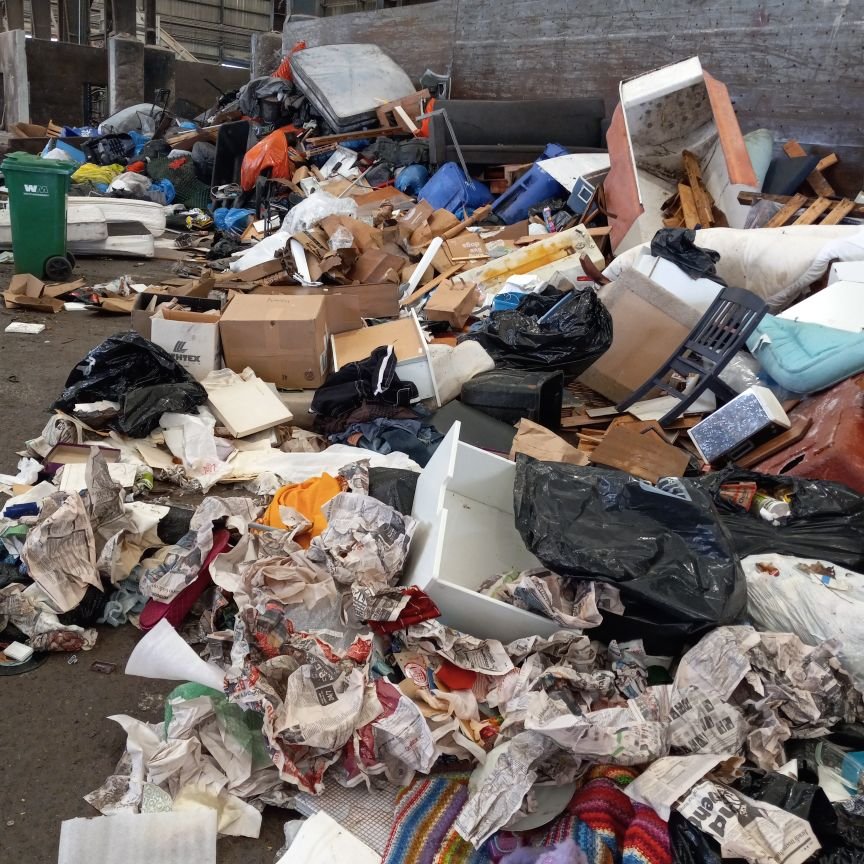Specialist Suggestions on Reclaim Waste Liquid Waste Removal and Industrial Waste Water Treatment
Specialist Suggestions on Reclaim Waste Liquid Waste Removal and Industrial Waste Water Treatment
Blog Article
Enhancing Environmental Sustainability Via Strategic Liquid Waste Elimination Solutions
In the realm of ecological sustainability, the effective administration of fluid waste stands as a vital focal factor in preserving our ecological communities and protecting public health. Let us embark on a journey to reveal the transformative possibility of tactical fluid waste monitoring practices in improving ecological sustainability.
Importance of Liquid Waste Administration

One of the key reasons why fluid waste management is necessary is its direct effect on public health. Neglected or incorrectly treated fluid waste can include unsafe pathogens and chemicals that pose serious health and wellness threats to areas. Infected water resources can cause waterborne conditions, affecting both human health and wellness and environments. Correct monitoring of fluid waste aids protect against these health and wellness risks and makes certain the well-being of the populace.

Challenges in Fluid Garbage Disposal
Given the critical value of appropriate liquid waste monitoring in guarding public wellness and ecological well-being, it is essential to attend to the numerous difficulties related to fluid garbage disposal methods. One significant obstacle is the lack of ample facilities for the collection, treatment, and disposal of fluid waste. Many regions, specifically in developing nations, struggle with inadequate facilities and resources to deal with the boosting quantity of liquid waste generated. This leads to inappropriate disposal approaches such as discarding in water bodies or unapproved garbage dumps, posturing serious health and wellness risks and ecological air pollution.
Another difficulty is the existence of unsafe substances in liquid waste, consisting of chemicals, heavy metals, and virus. Appropriate recognition and treatment of these dangerous components call for customized understanding and equipment, which might not always be easily available. Additionally, the price of carrying out safe disposal techniques can be too high for some markets and municipalities, leading to additional and non-compliance ecological damages.
Sustainable Fluid Waste Solutions
In the middle of the pushing demand for effective liquid waste management methods, the important of lasting solutions emerges as a vital problem for environmental conservation and public health. Lasting fluid waste remedies encompass an array of innovative technologies and practices aimed at decreasing the ecological impact of waste disposal.
Additionally, sustainable liquid waste services prioritize the conservation of water resources through the implementation of water recycling and reuse techniques. By dealing with and repurposing wastewater for non-potable applications like irrigation or industrial procedures, these services add to water preservation efforts and reduce the stress on freshwater resources. On the whole, the assimilation of lasting liquid waste services not only supports environmental sustainability but additionally cultivates a much healthier and much more resilient culture for future generations.
Advantages of Strategic Removal Practices
Strategically carried out elimination methods play a critical role in enhancing fluid waste management systems for ecological sustainability and public wellness protection. By embracing critical removal practices, companies can considerably lower the environmental impact of liquid waste disposal.
In addition, these practices promote resource healing by making it possible for the removal of valuable materials from liquid waste streams. This not just minimizes the reliance on virgin resources however additionally sustains the round economy principles of reuse and recycling. Furthermore, calculated elimination techniques can boost functional efficiency and cost-effectiveness by streamlining waste management processes and maximizing source allowance. Generally, the advantages of calculated elimination practices expand beyond ecological sustainability to encompass financial benefits and improved public health results.
Implementing Reliable Ecological Methods
Efficient implementation of ecological approaches is extremely important in accomplishing sustainable liquid waste monitoring practices. To start with, firms need to carry out comprehensive ecological evaluations to identify possible threats and effects connected with their liquid garbage disposal processes. By recognizing the ecological implications of their procedures, organizations can create targeted methods to minimize injury to environments and public health.
Furthermore, applying effective ecological techniques entails setting clear objectives and objectives for fluid waste management - Liquid waste removal. These goals need to be particular, quantifiable, achievable, pertinent, and time-bound (CLEVER) to Going Here guarantee liability and track progress in the direction of sustainability targets. Firms can also utilize technology and development to maximize liquid waste treatment procedures, lower resource usage, and boost total efficiency
Partnership with governing agencies, stakeholders, and environmental professionals is an additional key aspect of successful method execution. By involving with external partners, organizations can get useful understandings, accessibility resources, and guarantee compliance with ecological legislations and laws. Overall, a calculated and positive method to ecological monitoring is crucial for reducing environmental risks and promoting long-term sustainability in liquid waste removal practices.
Conclusion
In conclusion, tactical liquid waste removal solutions play an important function in improving environmental sustainability. By resolving the difficulties in liquid waste disposal and executing sustainable practices, we can lower the adverse influence on the setting - Reclaim Waste. It is necessary to focus on efficient environmental strategies to make sure the long-lasting health and wellness and well-being of our earth
By applying efficient waste management practices, such as correct collection, treatment, and disposal methods, the threats connected with liquid waste can be significantly lowered.
Provided the essential value of appropriate fluid waste administration in safeguarding public wellness and environmental health, it is critical to attend to the numerous obstacles connected with fluid waste disposal methods. Lasting liquid waste remedies incorporate a variety of cutting-edge modern technologies and techniques intended at decreasing the environmental impact of waste disposal.Purposefully executed elimination techniques play a vital role in enhancing fluid waste administration systems for ecological sustainability and public health security. Overall, a positive and critical approach to environmental monitoring is Home Page essential for alleviating find more information environmental threats and promoting long-lasting sustainability in fluid waste elimination practices.
Report this page